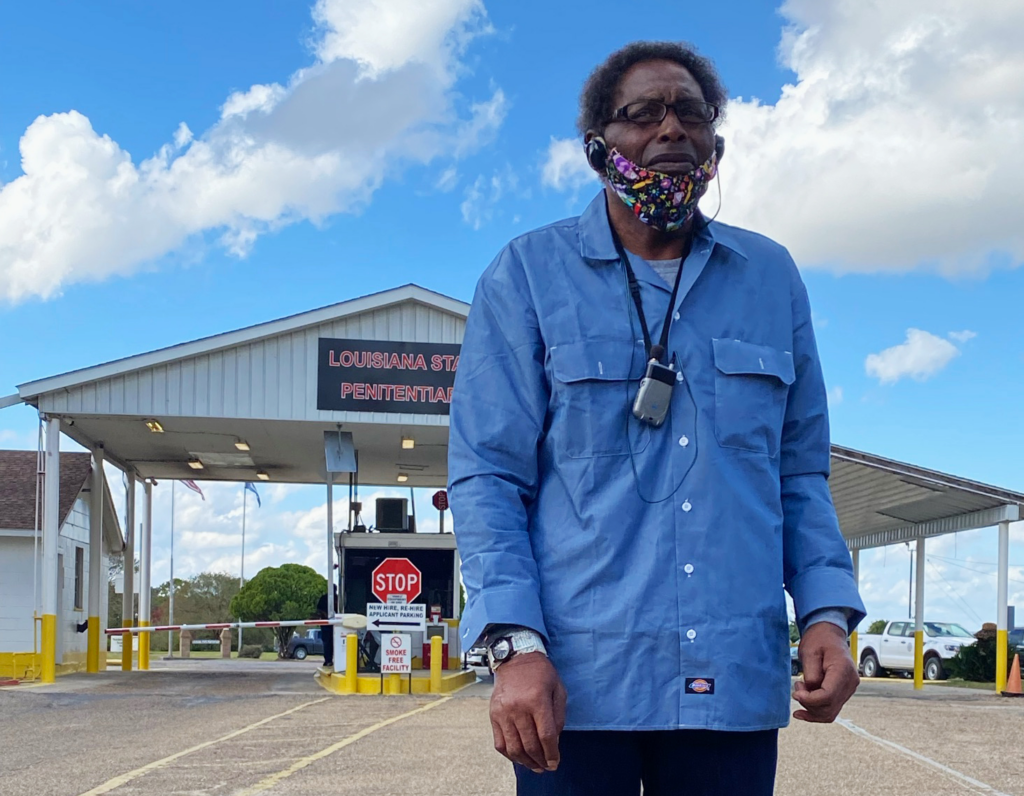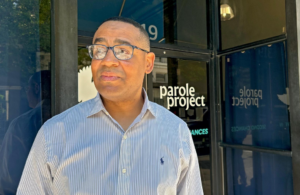The 2016 U.S. Supreme Court Decision Bearing His Name Has Helped to Free More Than 800 Men and Women Sentenced to Life in Prison as Children

In the weeks leading up to Henry Montgomery’s third parole hearing in November, media attention rose from a low hum to a cacophony of noise. Coverage included articles by Associated Press, The Atlantic, The Marshall Project, The Advocate in Baton Rouge, and The Times-Picayune/New Orleans Advocate that wrote about his upcoming parole hearing and the 2016 U.S. Supreme Court decision, Montgomery v. Louisiana, that bore his name. Other news outlets focused on the man at the center of it all. Denied twice before, in 2019 and 2020, that disappointment was somewhat tempered by Henry’s knowledge that his case had already led to the release of more than 800 men and women nationwide sentenced to life in prison without parole for offenses committed when they were children.
The Montgomery court held that its previous 2012 ruling in Miller v. Alabama, which found the use of mandatory life without parole sentences for persons convicted of homicide offenses when they were juveniles unconstitutional, applied retroactively. Approximately 1,500 additional cases nationwide are still awaiting outcomes.
On November 17, when Henry was granted parole on this third try, media attention reached a crescendo. But the real news was the celebration that erupted inside the Parole Project offices where more than a dozen of men and women now free because of Montgomery had gathered to show their support.

Parole Project Executive Director Andrew Hundley, the first juvenile lifer in Louisiana to be granted parole, turned his office into a makeshift hearing room so he could speak on Henry’s behalf during the live-feed hearing that allowed Parole Board members to view a sampling of the Montgomery ruling’s beneficiaries. “Since the Montgomery decision in 2016 over 800 have come home, about 90 of those in Louisiana,” Hundley told the panel. “Today there are more than 12 of us in this very room. We benefitted from a court ruling that bears Henry’s name. We submit to you that Henry is no less worthy of this opportunity than any who came home before him. When I was born Henry had already been in prison 18 years. I came home from Angola five and half years ago and Henry is still there.”
Hundley told the board that Parole Project is committed to providing long-term reentry support that includes “housing, transportation, counseling, and peer mentorship should he be granted the opportunity for parole, an opportunity afforded to so many others because of him.”
As soon as the hearing ended Henry’s reality began to change dramatically. Within a few hours Hundley was at the front gate of Angola to pick him up from the only home he had known for 57 years. As Henry took his first steps outside of the prison media was there with there cameras to capture a slightly bewildered man as he clutched a few bags of belongings and wore a box held by a lanyard around his neck connected to a pair of headphones that served as his hearing aid. As he moved to embrace Hundley he quickly became animated and broke out into a broad, uncontrollable smile. For Hundley, greeting the man whose case was the gateway to his own freedom five years ago and bringing him home held special meaning.
In the weeks since his release, Montgomery has been introduced to a lifetime of new experiences. When asked about the differences in his life now he said, “I have this cellphone. I’m not sure how to use it all but I’m learning. I have these new clothes and some more in my closet too. I’m in a house that has a TV and I sleep in a bedroom. We can eat whenever we want to. But mostly what’s different is all the people everywhere and the people that want to talk to me. Even found some family I didn’t know I had.” Henry is especially happy with his new hearing aids. The upgraded equipment in conjunction with his growing ease around people has resulted in him being increasingly communicative and engaged. He has also found a sense of peace after visiting the grave of his mother who passed away in 1985 at age 60.
The quality of Montgomery’s life has increased dramatically and, thanks to the generosity of Parole Project supporters and the approximately 1,000 people who donated to a GoFundMe campaign, Henry has a solid foundation to begin the next phase of his life. In response to those who have provided emotional, social and financial support Montgomery said, “I’m really overwhelmed by all the good people, the kindness, for everyone who helped me in the courts and everyone helping me out here. Around me is just all this happiness and blessings. I give my thanks to everybody at Parole Project and people all over the place, all over the world really, I’m doing really well. It’s all more than I ever thought could happen. I send my love to everybody.”




